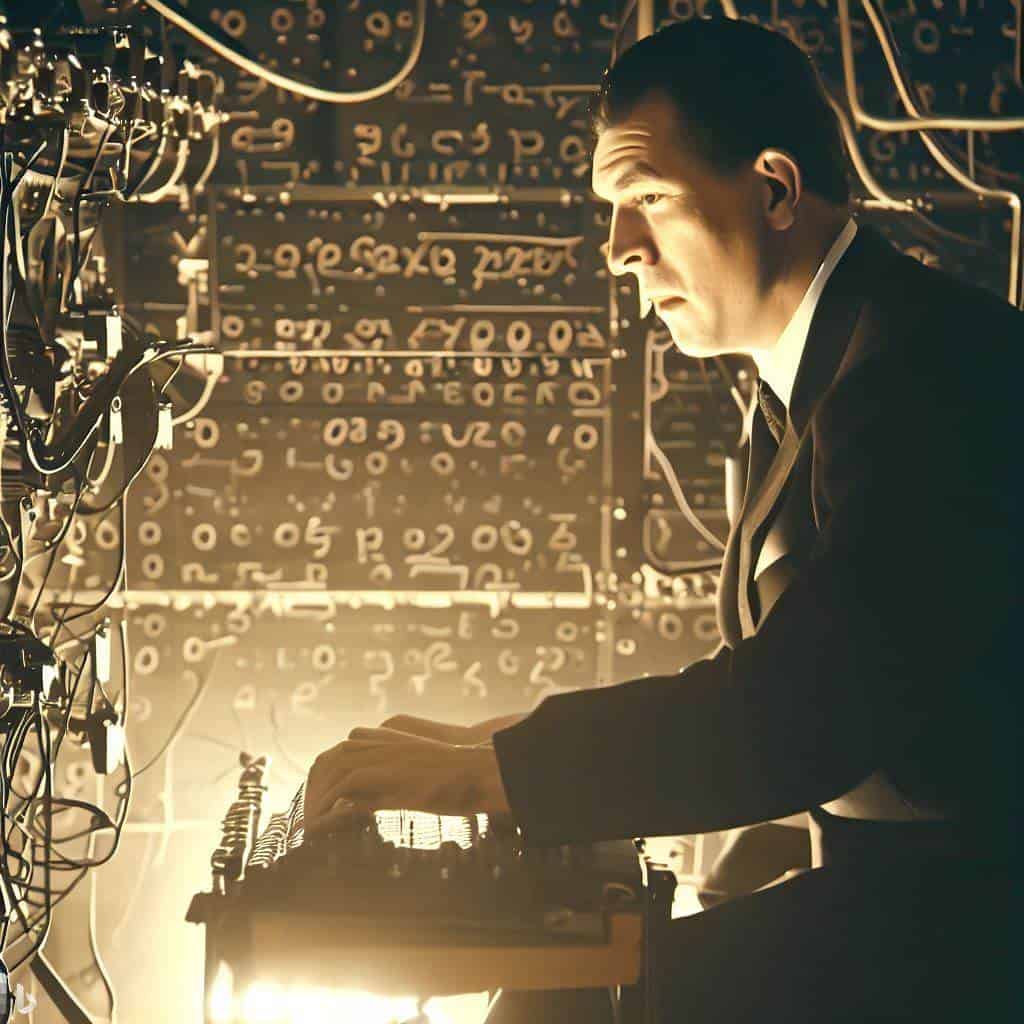Alan Turing: The Father of Modern Computing
Alan Turing was a British mathematician, computer scientist, and cryptanalyst who played a critical role in the Allied victory in World War II. He is widely regarded as the father of modern computing, and his work laid the foundation for the development of the modern computer.
Turing was born in London in 1912 and was educated at Cambridge University. In 1936, he published a groundbreaking paper titled “On Computable Numbers,” in which he introduced the concept of a “Turing machine,” a theoretical machine that could compute any function that could be computed by a human being.
During World War II, Turing worked for the British government as a codebreaker at Bletchley Park. His work on cracking German codes, including the Enigma machine, was instrumental in the Allied victory in the war. Turing’s codebreaking work was kept secret for many years after the war, but his contributions were later recognized as a critical factor in the war effort.
After the war, Turing continued his work on computers and artificial intelligence. He proposed the “Turing test,” a way to determine whether a machine can exhibit intelligent behavior equivalent to, or indistinguishable from, that of a human. Turing also designed one of the first electronic computers, the Automatic Computing Engine (ACE), although the project was not completed during his lifetime.
Despite his contributions to computing and codebreaking, Turing was persecuted for his homosexuality, which was then considered a criminal offense in Britain. In 1952, he was convicted of “gross indecency” and was forced to undergo chemical castration. He died in 1954, just two weeks before his 42nd birthday, in what was ruled a suicide.
In recent years, Turing’s contributions to computing and codebreaking have been recognized with numerous honors and awards. In 2009, British Prime Minister Gordon Brown issued an official apology on behalf of the British government for Turing’s treatment, and in 2013, Queen Elizabeth II granted him a posthumous royal pardon.
Alan Turing’s legacy as a pioneer of modern computing and a hero of World War II continues to inspire scientists and researchers today. His groundbreaking work on computers and artificial intelligence laid the foundation for the digital age, and his contributions to codebreaking helped to end one of the deadliest conflicts in human history. Turing’s life and work serve as a reminder of the power of human ingenuity and the importance of fighting discrimination and injustice.

